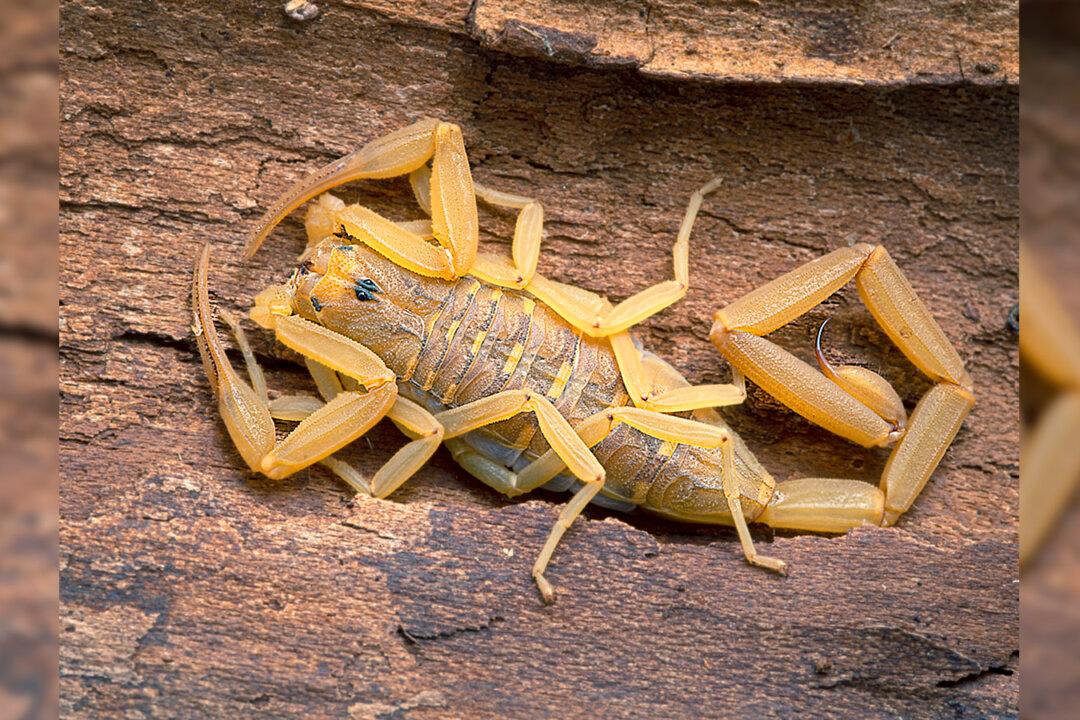Experts are advising Arizona residents to watch out for the most venomous scorpion in the United States, which often ventures inside the homes of Phoenix residents.
When you think of scorpions, you might think of the desert. So, it’s no wonder that the most poisonous scorpion in the world is native to Arizona.






